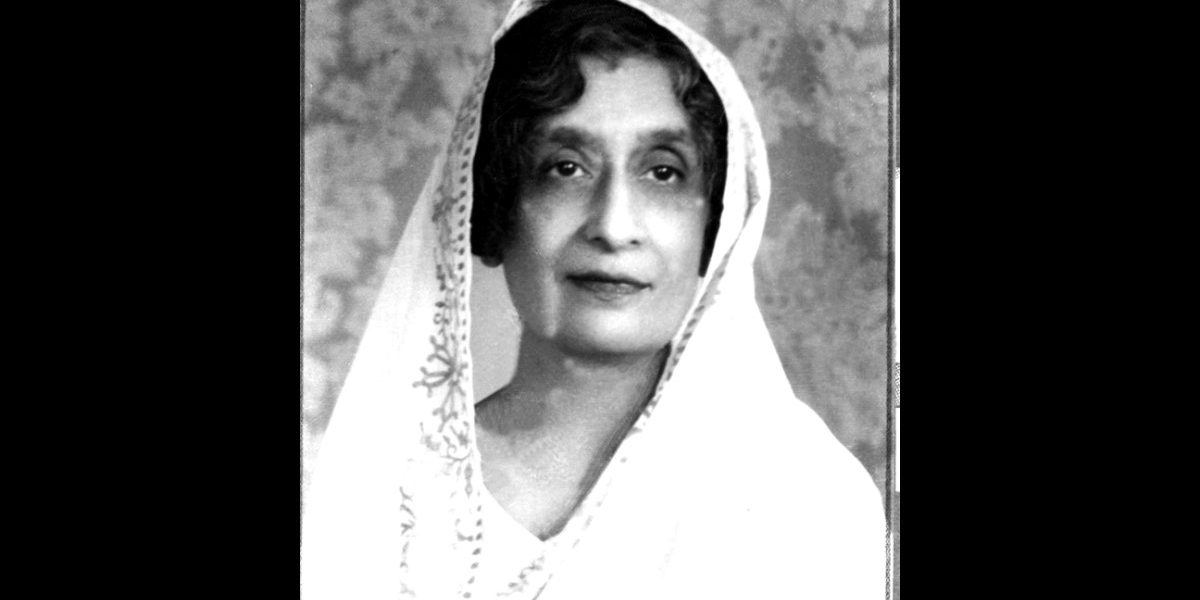Rajkumari Amrit Kaur, India's First Woman Cabinet Minister, Left a Rich Legacy

Rajkumari Amrit Kaur (1889–1964) – Key Points
Personal Background:
- Born: 2 February 1889, Lucknow.
- Father: Raja Harnam Singh (Christian), Mother: Rani Harnam Singh (Bengali).
- Only daughter among 8 children.
- Education: Sherborne School (UK), Oxford University.
- Skills & Interests: Fluent in Italian & French, played piano & violin, excelled in hockey, cricket, tennis.
Freedom Movement & Gandhian Influence:
- Became close disciple of Mahatma Gandhi (met in 1919).
- Gandhi’s secretary for 16 years; correspondence published as Letters to Rajkumari Amrit Kaur.
- Participated in Salt Satyagraha and Quit India Movement.
- Arrested multiple times; subjected to house arrest.
- Criticized the ‘Communal Award’ of 1932.
Political Career:
- Member: Constituent Assembly (1946–50), Provisional Parliament (1950–52), Lok Sabha (1952–57), Rajya Sabha (1957–62).
- India’s first woman cabinet minister (Health Ministry, 1947–1957).
- Also held Sports and Urban Development portfolios.
- Key contributions:
- Established AIIMS, New Delhi.
- Advocated healthcare reforms and women’s rights.
- Oversaw bills like Indian Medical Council Bill, Drugs Amendment Bill, Prevention of Food Adulteration Bill, Delhi Municipal Corporation Bill, and others.
Social Contributions:
- Co-founded All India Women’s Conference (1927).
- Secretary (1930) and President (1933) of AIWC.
Death:
- 6 February 1964, New Delhi.
- Practising Christian, cremated according to family customs; no spouse or children.
Legacy:
- Pioneer in Indian women’s participation in politics.
- Advocate for healthcare, education, and social reform.
- Strong Gandhian influence; worked for emancipation of women & weaker sections.
Updated - 4 August 2025 ; 3:46 PM | The Wire
Rajkumari Amrit Kaur India first woman Health Minister freedom fighter Gandhian leader All India Women’s Conference AIIMS founder Constituent Assembly member Lok Sabha Rajya Sabha social reformer women’s rights healthcare reformer Indian Medical Council Bill Drugs Amendment Bill Prevention of Food Adulteration Bill Delhi Municipal Corporation Bill 1889–1964